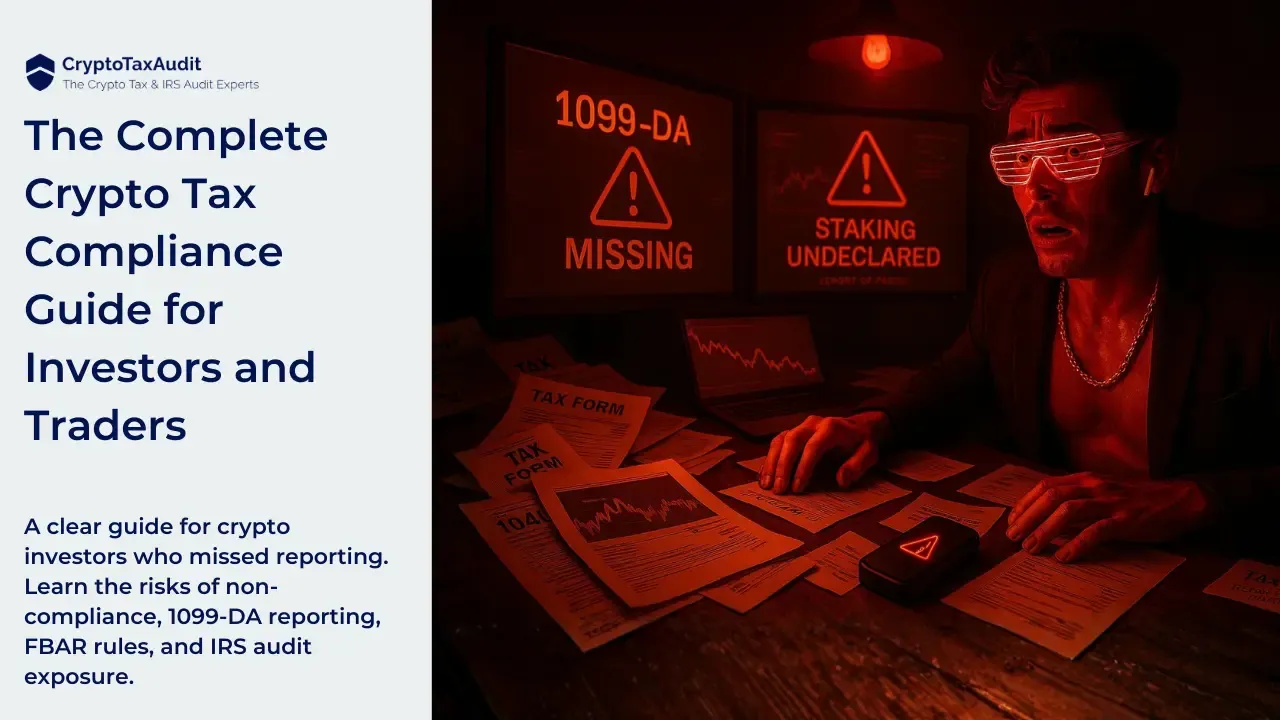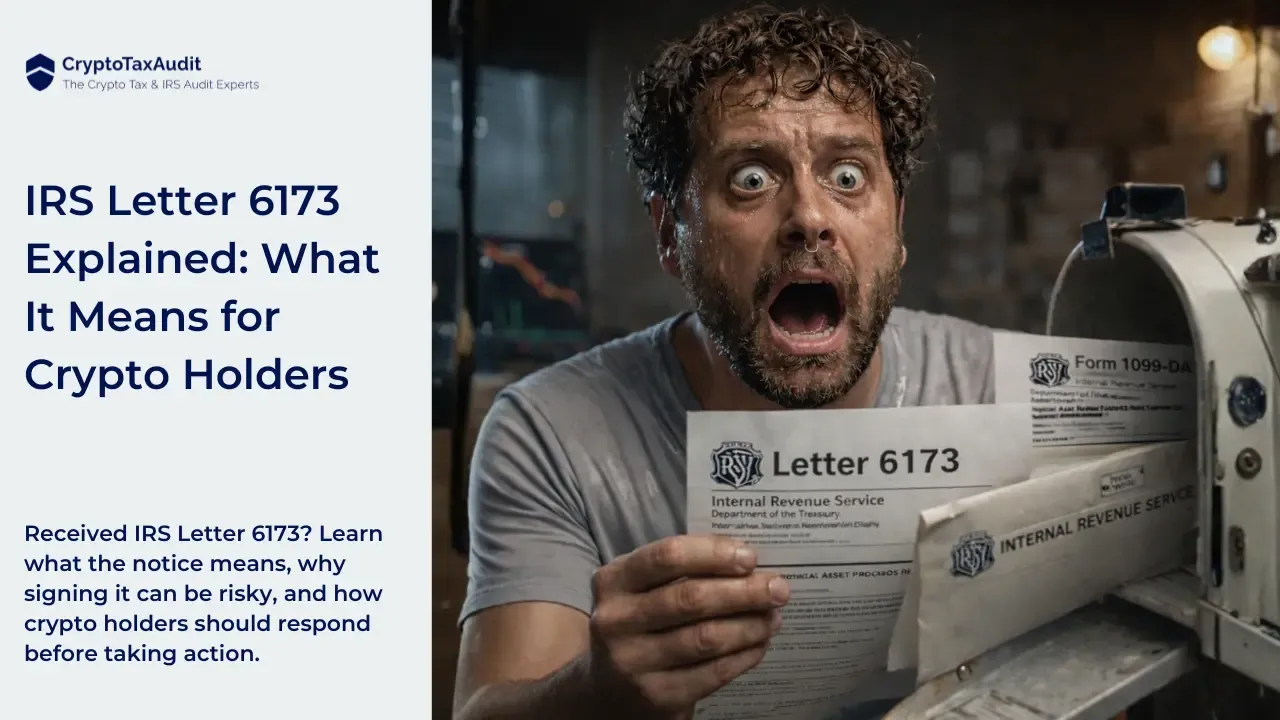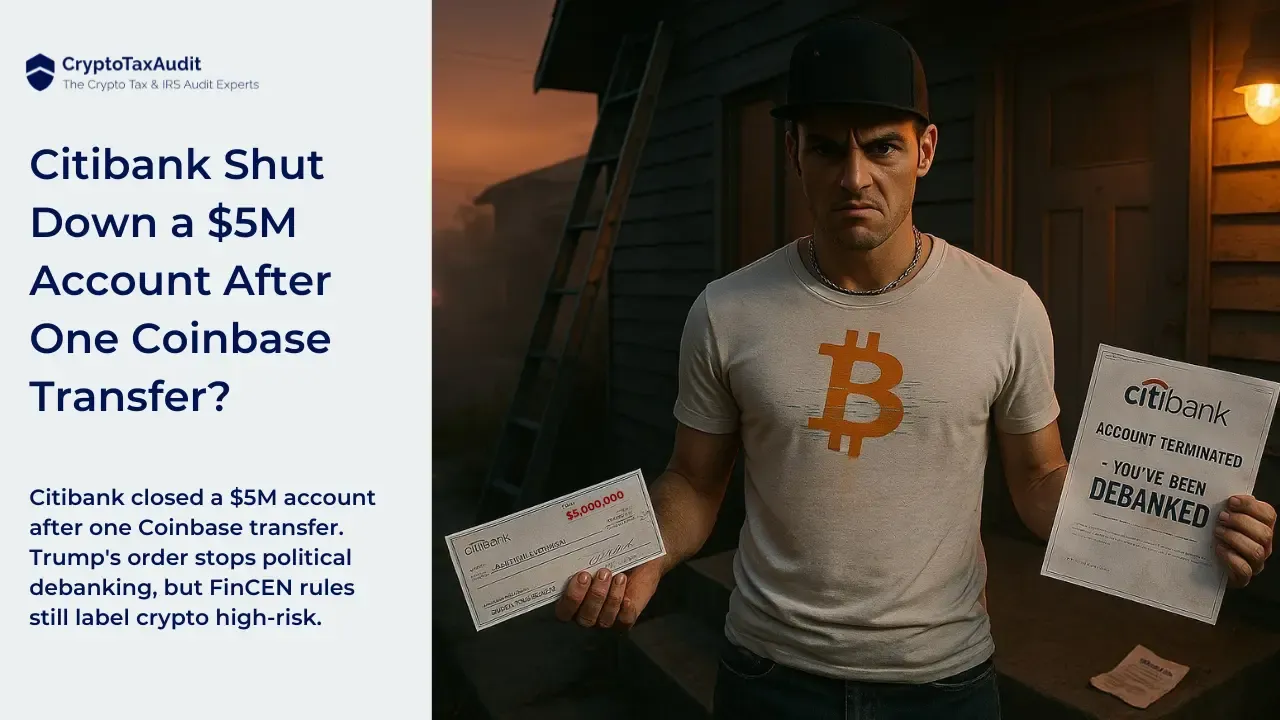
This white paper shows that the Spark token is not a gratuitous transfer is the recipient (donee) is not a partner or shareholder of the Flare Networks company, nor do they have other relationships with a partner or shareholder.
A question about the Spark token distribution.
Would the Flare Networks Spark token distribution to XRP holders be recharacterized as a "gratuitous transfer" from a foreign corporation under IRS Reg. 1.672(f)-4(a)(2)?
Reg 1.672(f)-4 addresses a tax loophole where foreign entities would transfer assets to a U.S. person or entity as a gift when in fact, something was expected back as a quid pro quo or a self-dealing transaction. Thus, the lawmakers call it a "purported" gift or a "gratuitous" transfer because the distribution is not what it appears.
The loophole occurs when a foreign entity or trust distributes the gift, thereby hiding the foreign source.
This white paper will show that the Spark distribution will not be a gratuitous transfer if the recipient (the donee) is not a partner or shareholder of the Flare Networks company nor have another relationship with a partner or shareholder, as is the case for almost every XRP owner receiving Spark tokens.
Secondly, we will see that if a taxpayer receives less than $10,000 worth of foreign gifts in a year, these regulations won't apply.
Let us summarize the facts, state the applicable laws, and make some observations.
Statement of fact about the Spark token distribution.
In general, XRP recipients of Spark tokens are unrelated to owners of Flare Networks or have another relationship with the owners of Flare Networks. They are strangers to each other.
On the initial day that Spark tokens are distributed to XRP holders, the subsequent tokens to be given to XRP holders are also transferred to the Flare Foundation for future distribution.
On the initial day that the Spark tokens are distributed, none will have ever been sold or offered for sale.
Flare Network's substantial development costs (an unknown amount) when distributed across 100 billion Spark tokens, would make the cost basis of the tokens near zero dollars. All the initial and subsequent Spark tokens distributed to XRP holders are transferred at no charge. However, the recipient may have a transaction cost to take possession of the tokens.
Flare Networks is organized under the laws of The Cayman Islands. Flare Foundation is organized under the laws of the Netherlands.
Statement of law about the Spark token distribution.
Generally, most laws are easy to read, such as section 102, which reads, "Gross income does not include the value of property acquired by gift, bequest, devise, or inheritance." When laws get tough to read, the law writers try to close the loophole.
The key to understanding these passages is to focus on the terms of art. According to Merriam-Webster Dictionary, a "term of art" is "a term that has a specialized meaning in a particular field or profession”. Be careful not to apply a common meaning word or phrase that is a term of art.
A couple of the terms of art in these legal passages include foreign corporation, partnership, purported gift, gratuitous transfer, income, United States person, fair market value, and foreign trust, gross income, and Commissioner.
In the Regulations under recharacterization of purported gifts,
1) Tax Code 672(f)(4)
(4) Recharacterization of purported gifts
In the case of any transfer directly or indirectly from a partnership or foreign corporation which the transferee treats as a gift or bequest, the Secretary may recharacterize such transfer in such circumstances as the Secretary determines to be appropriate to prevent the avoidance of the purposes of this subsection.
2) Reg. 1.672(f)-4(a)(2) states:
(2) Purported gifts from foreign corporations.
Except as provided in paragraphs (b), (e), and (f) of this section, and without regard to the existence of any trust, if a United States donee directly or indirectly receives a purported gift or bequest (as defined in paragraph (d) of this section) from any foreign corporation, the purported gift or bequest must be included in the United States donee's gross income as if it were a distribution from the foreign corporation. If the foreign corporation is a passive foreign investment company (within the meaning of section 1297), the rules of section 1291 apply. For purposes of section 1012, the United States donee is not treated as having basis in the stock of the foreign corporation. However, for purposes of section 1223, the United States donee is treated as having a holding period in the stock of the foreign corporation on the date of the deemed distribution equal to the weighted average of the holding periods of the actual interest holders (other than any interest holders who treat the portion of the purported gift attributable to their interest in the foreign corporation in the manner described in paragraph (b)(1) of this section). For purposes of section 902, a United States donee that is a domestic corporation is not treated as owning any voting stock of the foreign corporation.
3) Reg. 1.672(f)-4(d)(1) states:
(1) In general.
Subject to the provisions of paragraphs (d)(2) and (3) of this section, a purported gift or bequest for purposes of this section is any transfer of property by a partnership or foreign corporation other than a transfer for fair market value (within the meaning of § 1.671-2(e)(2)(ii)) to a person who is not a partner in the partnership or a shareholder of the foreign corporation (or to a person who is a partner in the partnership or a shareholder of a foreign corporation, if the amount transferred is inconsistent with the partner's interest in the partnership or the shareholder's interest in the corporation, as the case may be). For purposes of this section, the term property includes cash.
4) Reg. 1.672(f)-4(d)(2)(ii) states:
(ii) Exception for transfers to unrelated parties.
No portion of a transfer described in paragraph (d)(1) of this section will be treated as a purported gift or bequest for purposes of this section if the United States donee can demonstrate to the satisfaction of the Commissioner that the United States donee is not related to a partner or shareholder of the transferor within the meaning of § 1.643(h)-1(e) or does not have another relationship with a partner or shareholder of the transferor that establishes a reasonable basis for concluding that the transferor would make a gratuitous transfer to the United States donee.
5) Reg. 1.672(f)-4(f) states:
(f) Transfers not in excess of $10,000.
This section does not apply if, during the taxable year of the United States donee, the aggregate amount of purported gifts or bequests that is transferred to such United States donee directly or indirectly from all partnerships or foreign corporations that are related (within the meaning of section 643(i)) does not exceed $10,000. The aggregate amount must include gifts or bequests from persons that the United States donee knows or has reason to know are related to the partnership or foreign corporation (within the meaning of section 643(i)).
6) Treasury Decision 8831 (1999) page 43272 commenting on changes to section 1.672(f)-4
Further, no portion will be treated as a purported gift if the U.S. donee can establish that the U.S. donee is neither related to a partner or shareholder of the transferor within the meaning of Sec. 1.643(h)-1(e) nor has another relationship with a partner or shareholder of the transferor such that there is a reasonable basis for concluding that the partner or shareholder would make a gratuitous transfer to the U.S. donee.
Application of law to facts about Spark token distribution.
It is difficult to discuss these laws without making the commentary as complicated to read as the law itself. The most critical comments are easy to understand.
From citation 5 above, we observe that if the total value of gifts received is less than $10,000 during the taxable year, then section 1.672(f) doesn't apply to the recipient under 26 CFR 1.672(f)-4(f). That's excellent news. This type of exclusion is common in the tax law to not burden taxpayers with regulations over small amounts.
Section 1.672(f)-4(d) defines what a purported gift is in citation 3 above and what it isn't in citation 4. Citation 4 excludes transfers to unrelated parties from being considered a purported gift. Thus, if a Spark recipient is unrelated to a partner or shareholder of Flare Networks or a partner or shareholder himself, then the transfer is not a purported gift.
If not a purported gift, then the transfer is not gratuitous.
This would be the case for millions of Spark recipients — unrelated means not connected by financial or familial ties.
This observation is supported by the quotation from the Treasury Decision 8831 (citation 6), which implemented regulation 1.672(f), which affirms that no portion will be treated as a purported gift if the U.S. donee can establish that he is neither related to nor has another relationship with a partner or shareholder of the transferor.
For Spark recipients unrelated to Flare Networks owners, the distribution is not a purported gift, not a gratuitous transfer, and not subject to taxation under U.S. tax laws if treated as a gift. This treatment would be applicable for the initial and subsequent distributions.
If one claims the position proposed in this paper, could they still get audited by the IRS? Of course, they could.
The IRS is free to audit whomever they wish.
Could an auditor disagree with this position and charge taxes and penalties? Of course, they could. Auditors don't struggle with complex aspects of the law. They are paid to find the income they can tax. They leave it to the taxpayer to fight for their legal rights if they disagree with the audit. Taxpayers first argue their legal rights at the IRS Independent Office of Appeals. If unsuccessful there, they can also petition the U.S. Tax Court to rule on the situation.
A taxpayer may have difficulty in an audit is proving not to be related to a partner or shareholder. How do you prove that you are not related? One suggestion would be to put a simple affidavit on being unrelated to Form 8275 as a disclosure per section 6662(d)(2)(B)(ii)(I). This disclosure will prevent the assessment of penalties if the auditor disagrees with your section 1.672(f)-4 position.
These opinions and observations are not specific tax advice. U.S. taxpayers should discuss these issues with their tax advisor before making their own tax choices since everyone's situation can be different.
DISCLAIMER: Opinions and perspectives of the author, host, and guests. It should not be construed as U.S. taxpayer advice. There are often multiple interpretations of tax law. Various strategies may be suited to specific individuals and for particular situations. Seek out professional tax, legal, or financial advice from CryptoTaxAudit or from other reputable companies.





